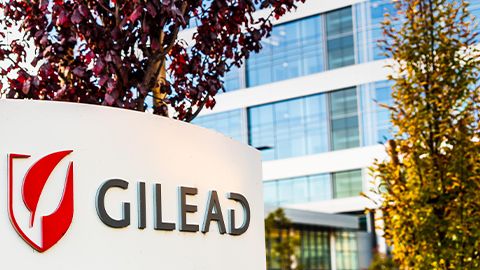Article
Merck KGaA and Quris Ink BioAI Platform Option Agreement
Quris’s system can help predict clinical safety, AI firm notes
Quris, a pharmaceutical machine-learning platform company, has signed an agreement with Merck KGaA, Darmstadt, Germany, a science and technology company, allowing Merck KGaA, Darmstadt, Germany to assess Quris’s BioAI safety prediction platform by comparing it to traditional in vitro and in vivo approaches.
BioAI features a concept that combines miniaturized human tissues on a chip, nano-sensing, and machine learning, to help determine which drug candidates will work safely in humans.
The collaboration allows Merck KGaA, Darmstadt, Germany to evaluate Quris’s platform, with the aforementioned assessment focusing on identifying potential liver toxicity risks for drug candidates, with special emphasis on ones that preclinical experiments failed to detect. Merck KGaA, Darmstadt, Germany will then have the option to obtain up to a five-year exclusive license to a specific disease domain. Upon the firm exercising the option, Quris may receive an undisclosed amount.
“In recent years, leaders around the globe have increasingly recognized that experiments in mice do not faithfully mimic what will work in people. With this and the goal to reduce and replace animal testing, there is now a great need for development of a new AI[artificial intelligence]-based approach,” says Nobel Laureate Aaron Ciechanover, MD, DSc, chairman of Quris’s scientific advisory board.
Newsletter
Stay ahead in the life sciences industry with Pharmaceutical Commerce, the latest news, trends, and strategies in drug distribution, commercialization, and market access.




